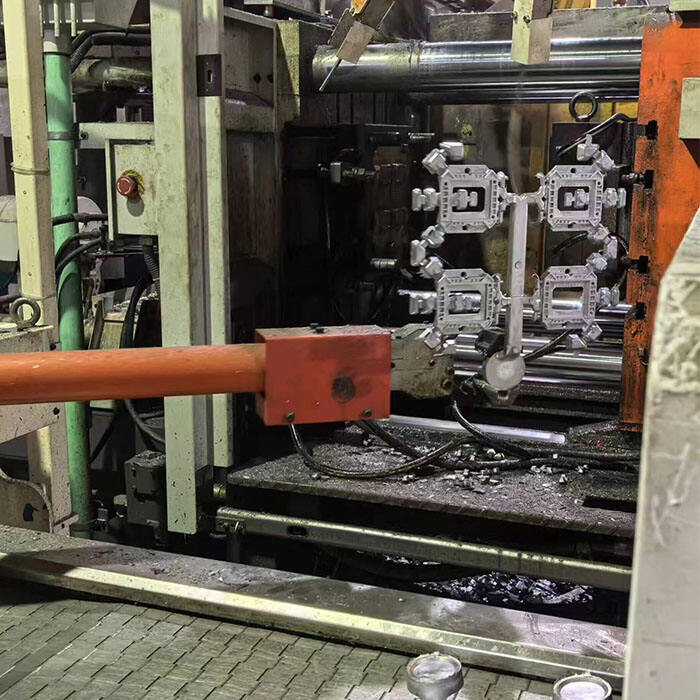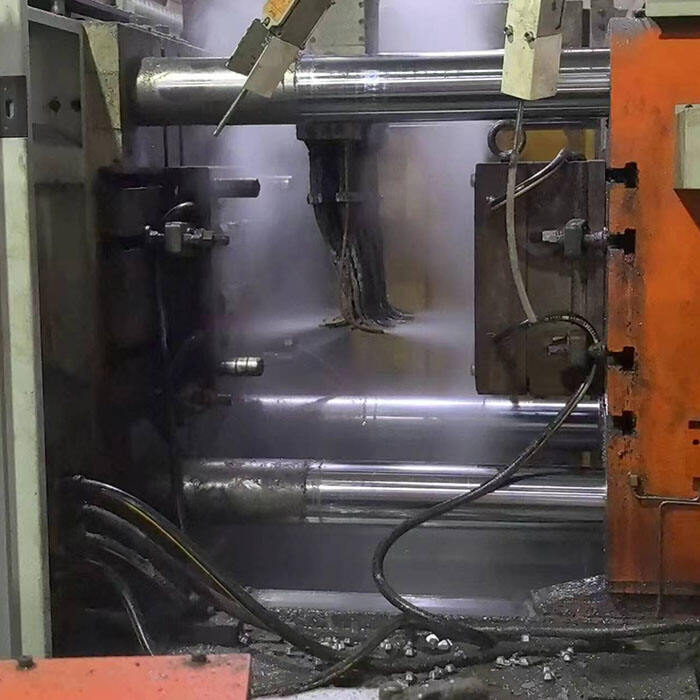aluminium die
An aluminum die is a precision tool that is used primarily (although not exclusively) in the manufacture of aluminum products. These might be manufactured using such processes as extrusion, casting and forging. It is mainly used to shape, cut and form the aluminum materials into shapes which are the same size as their original mirror images (the blueprints) and at a higher level of reliability. Technological features of the aluminum die include intricate designs, high wear resistance and the ability to maintain dimensional stability over numerous production cycles. These features make it essential in the automotiive, aerospace, construction and packaging industries--all of which have a need for lightweight yet durable aluminum parts. They need some way also to be coat free as these are in existence other than few exceptions such as final cleaning with chemicals in order not catch up over time!


